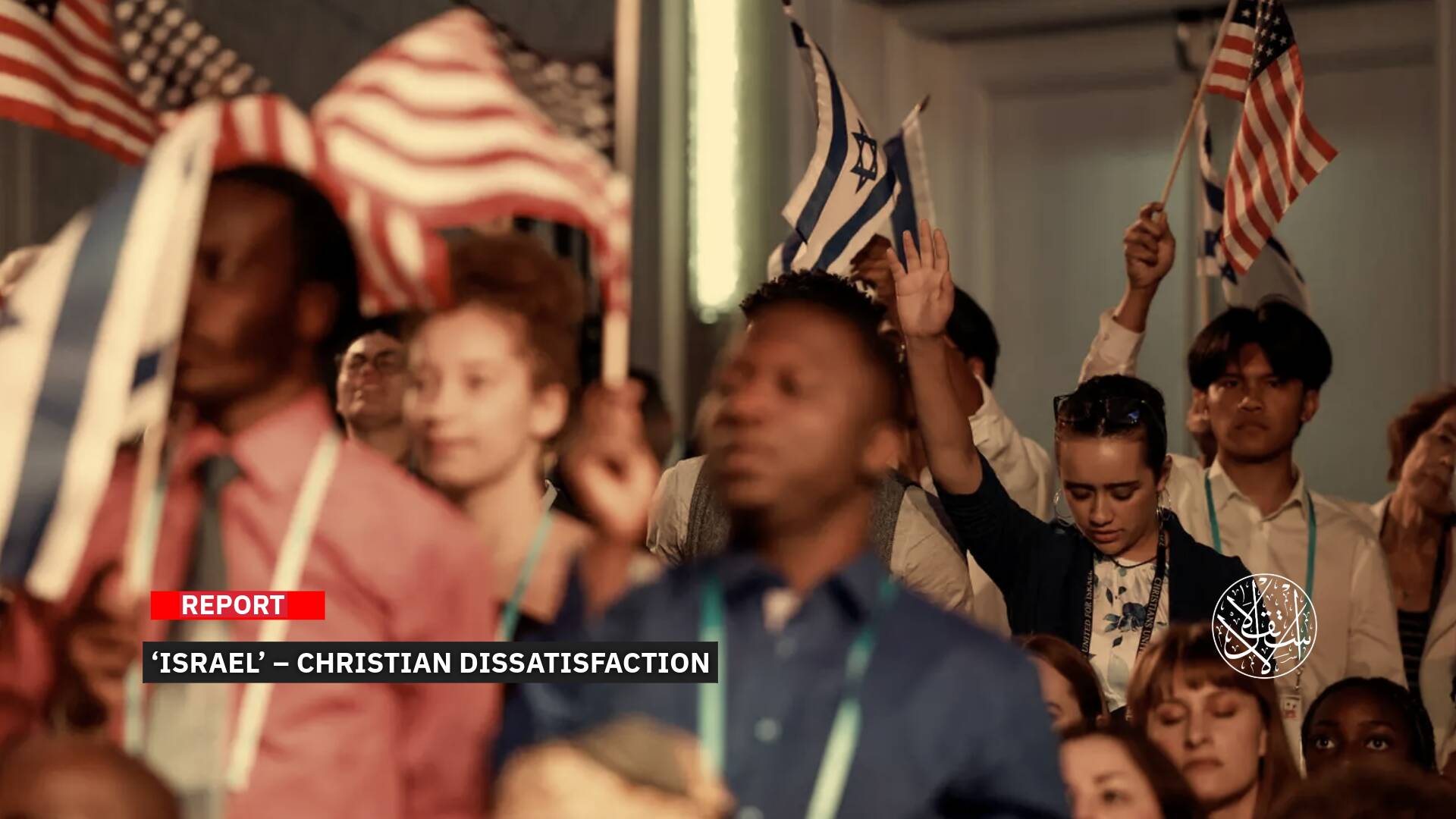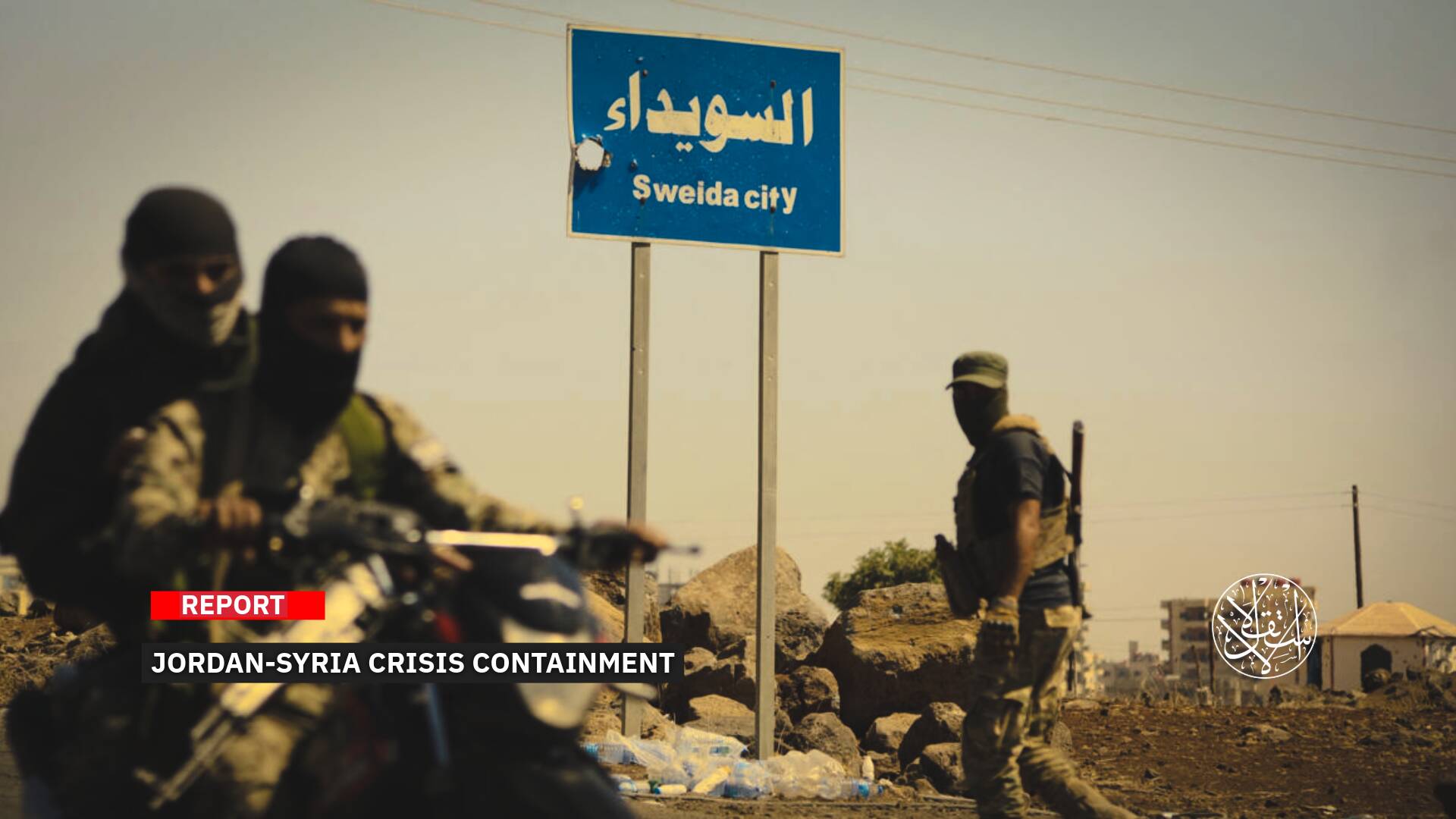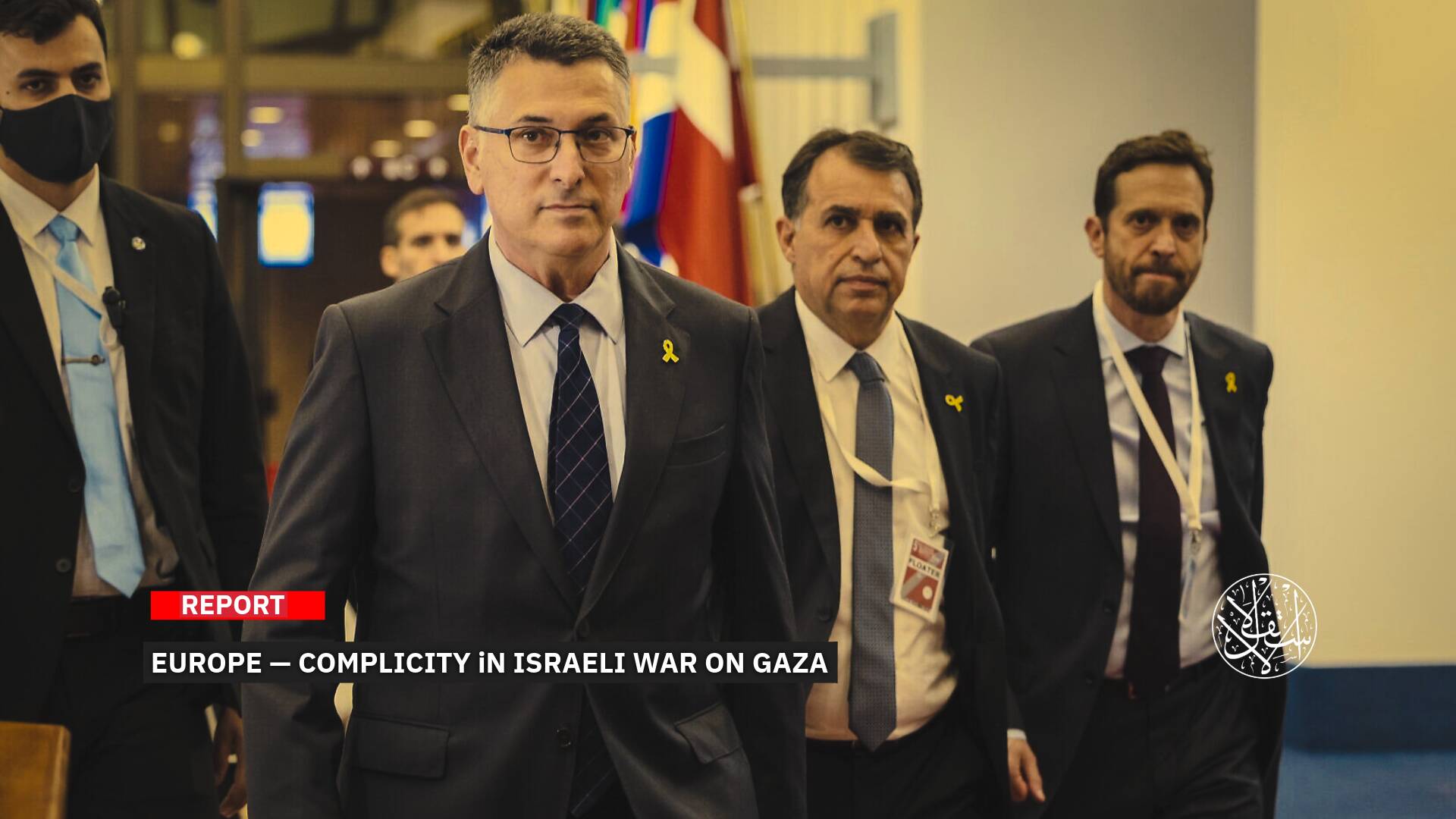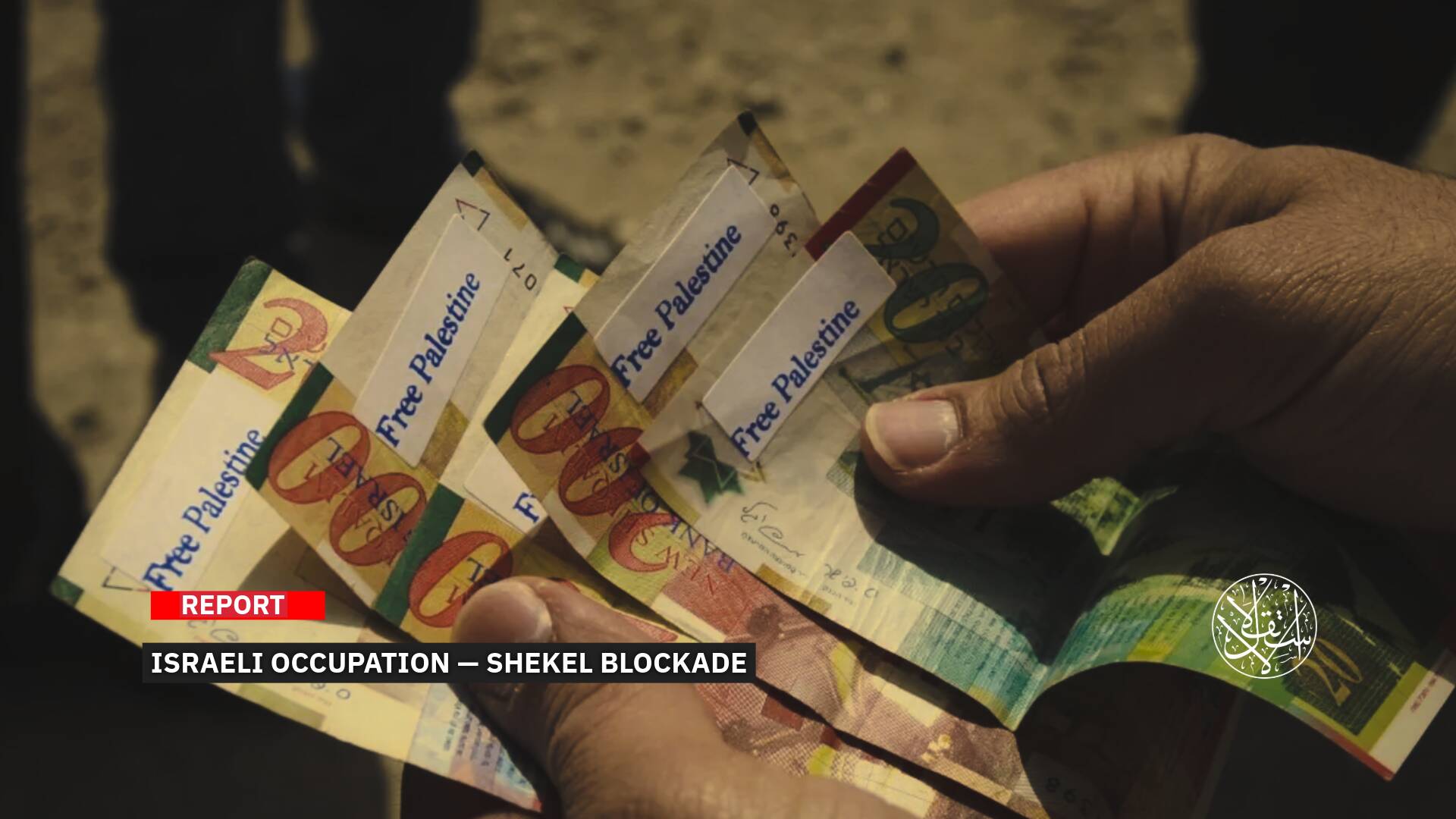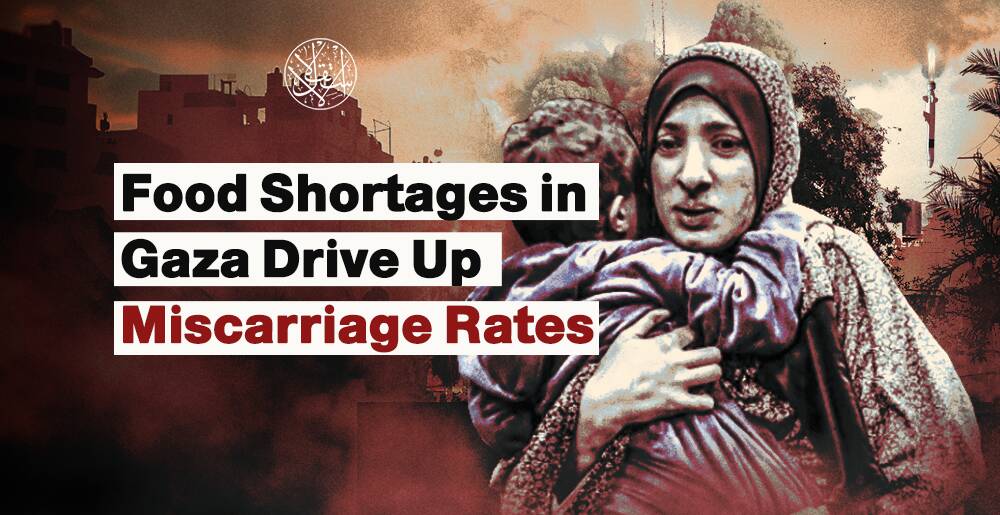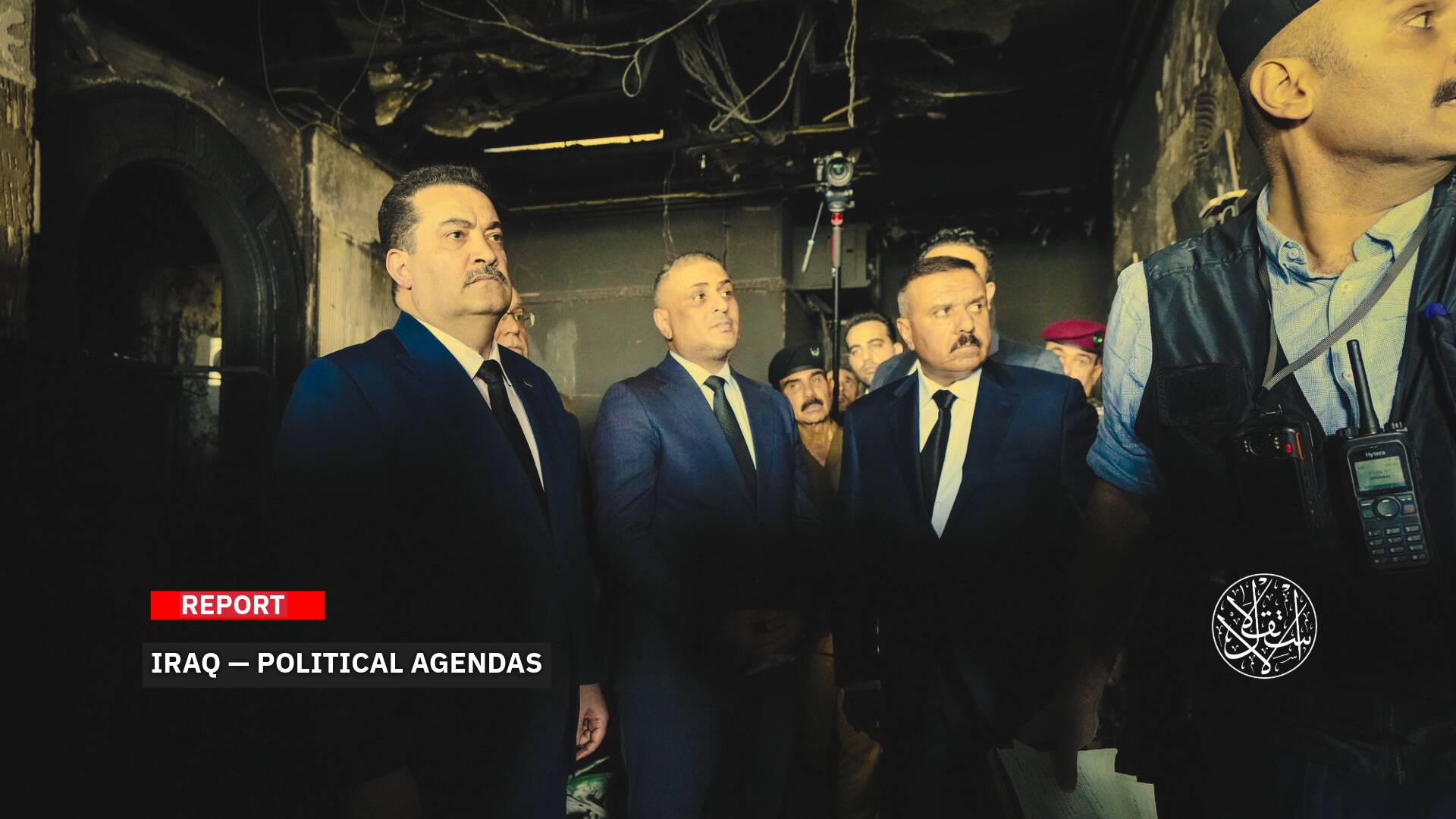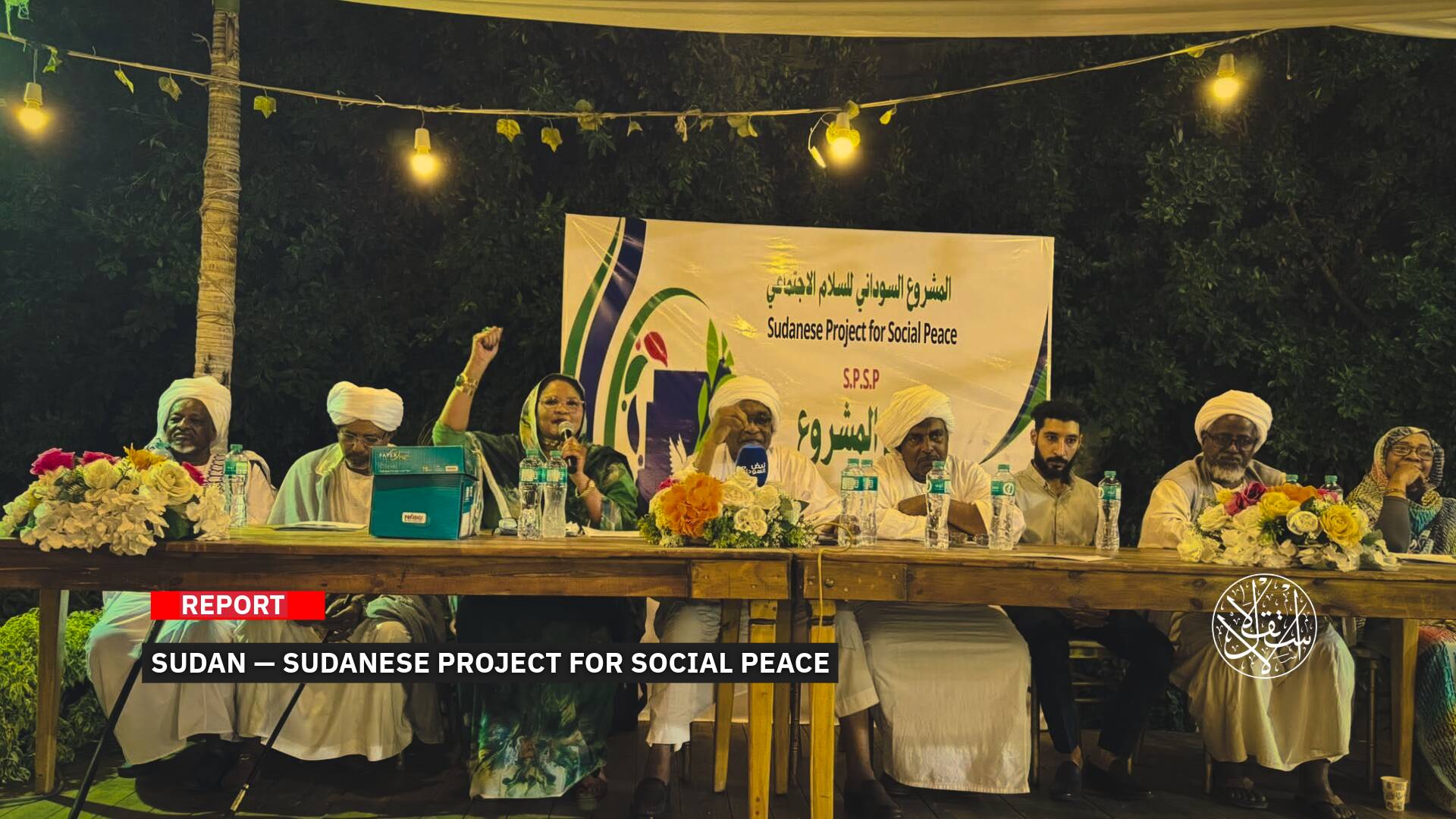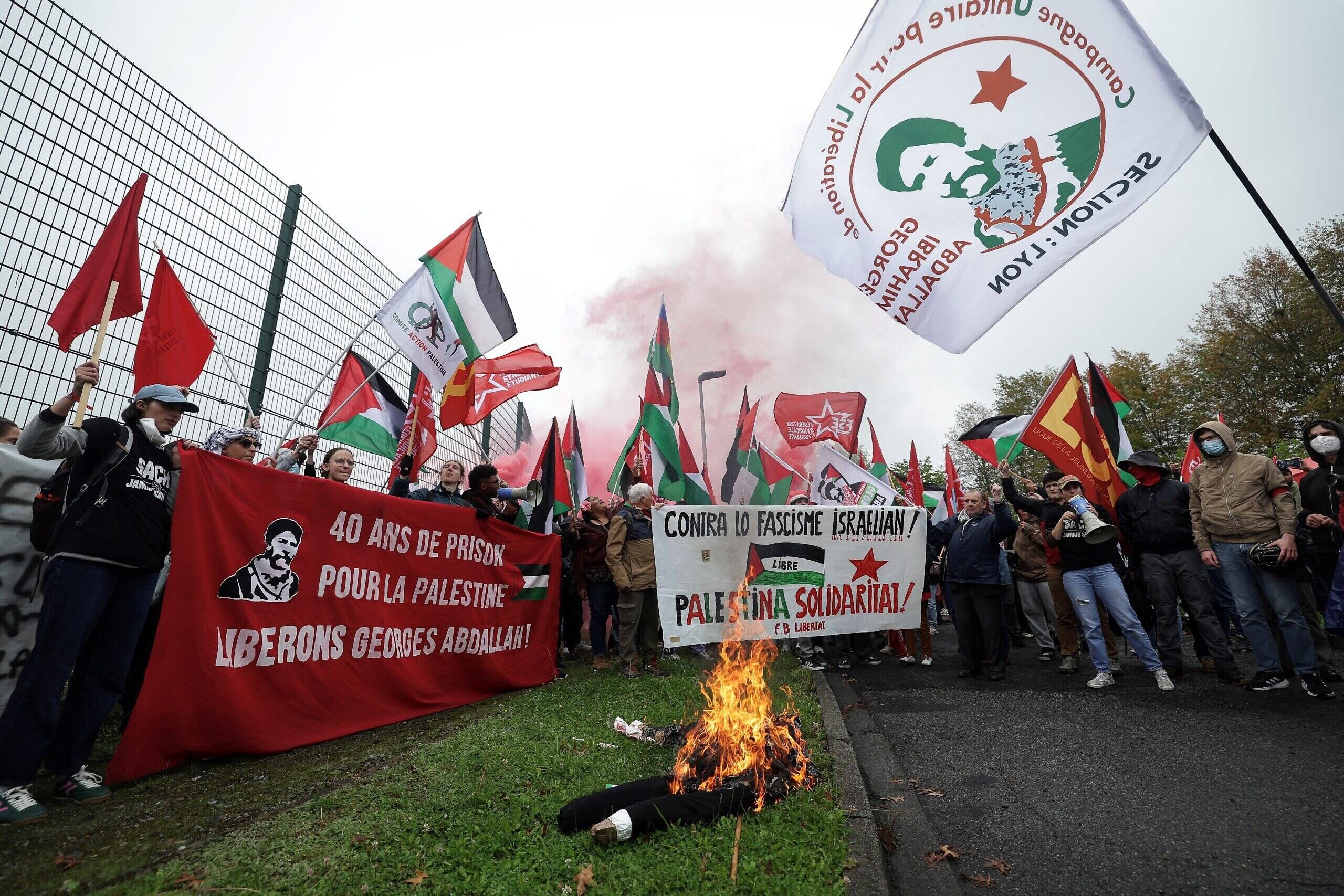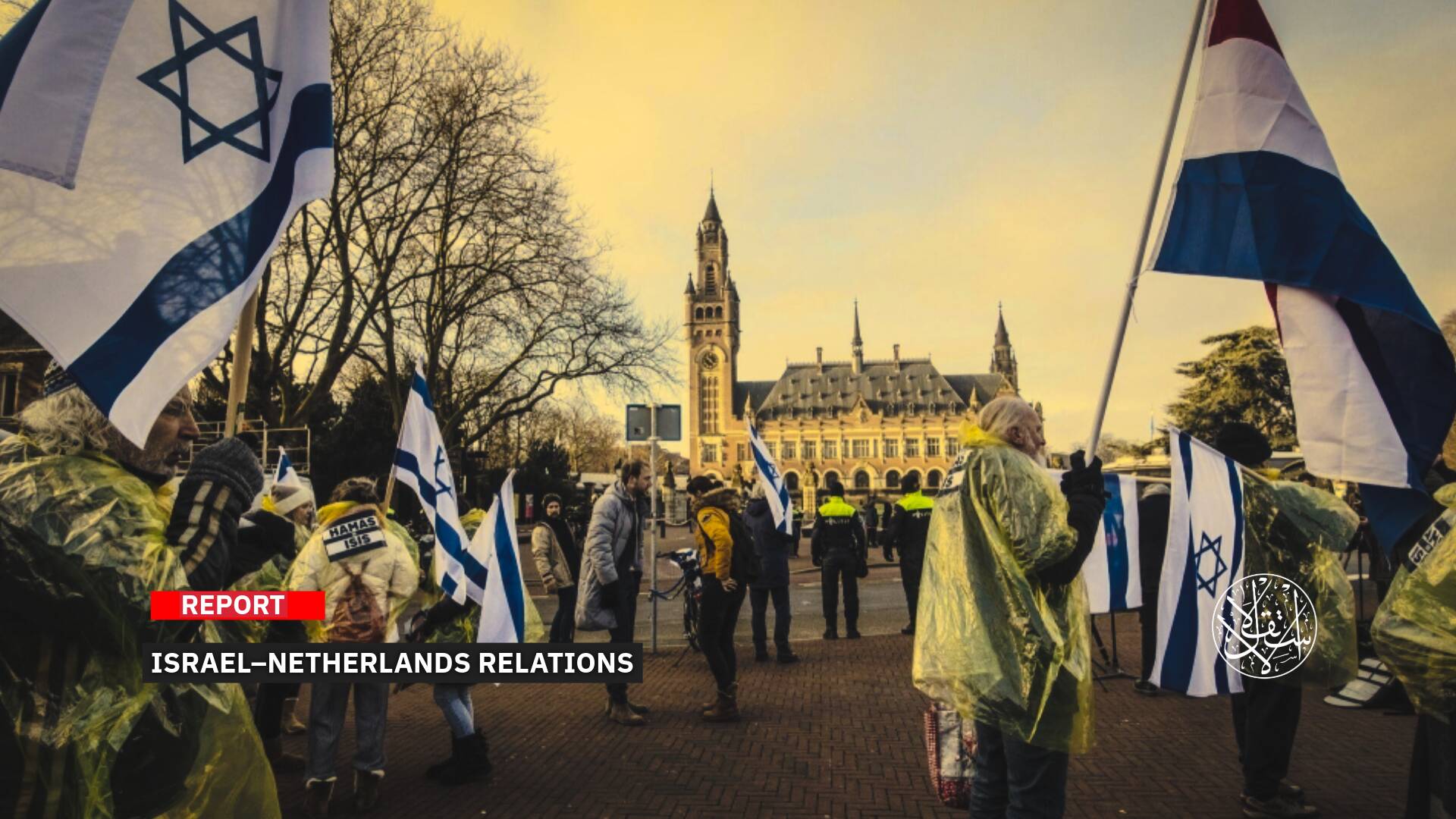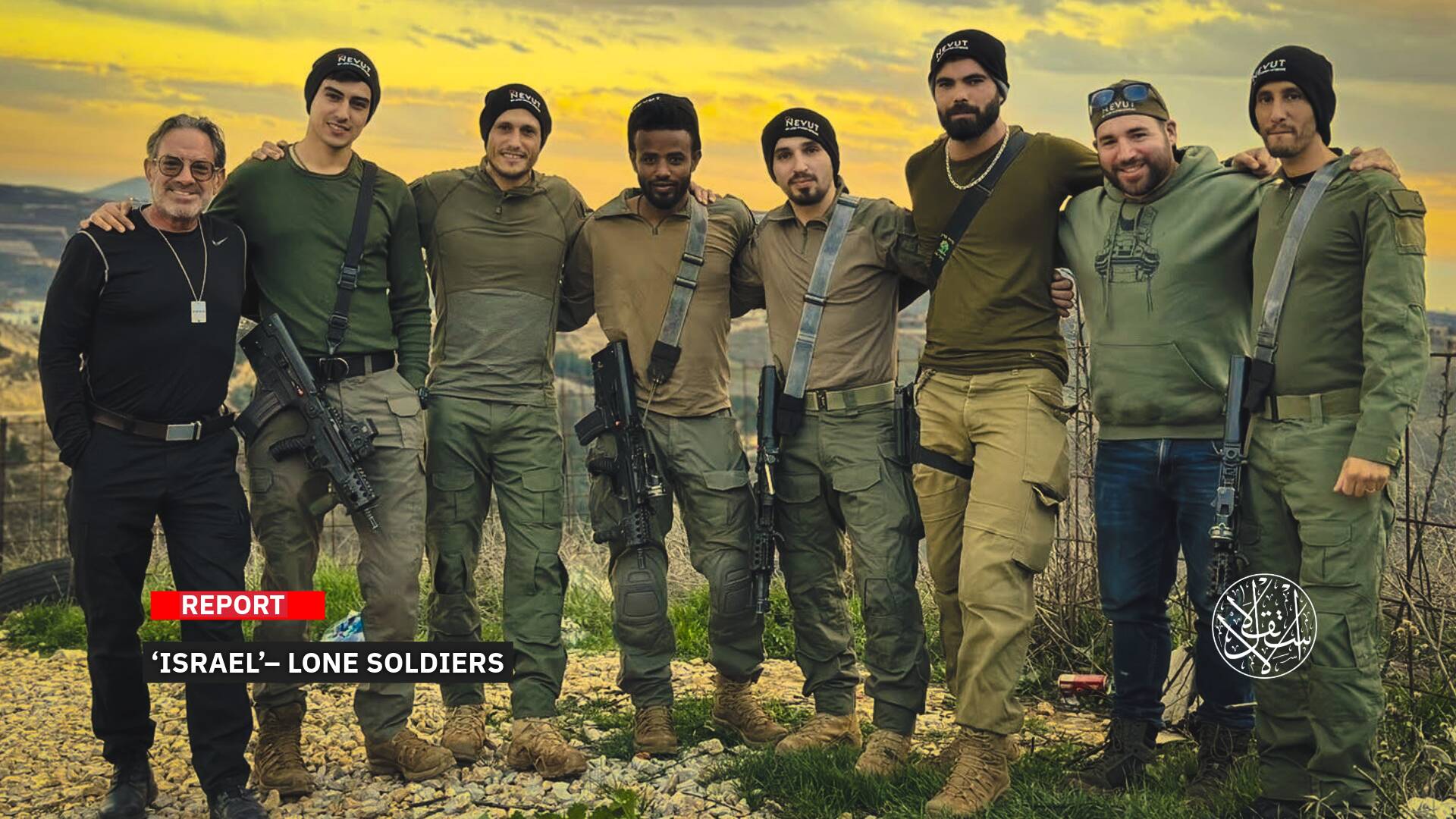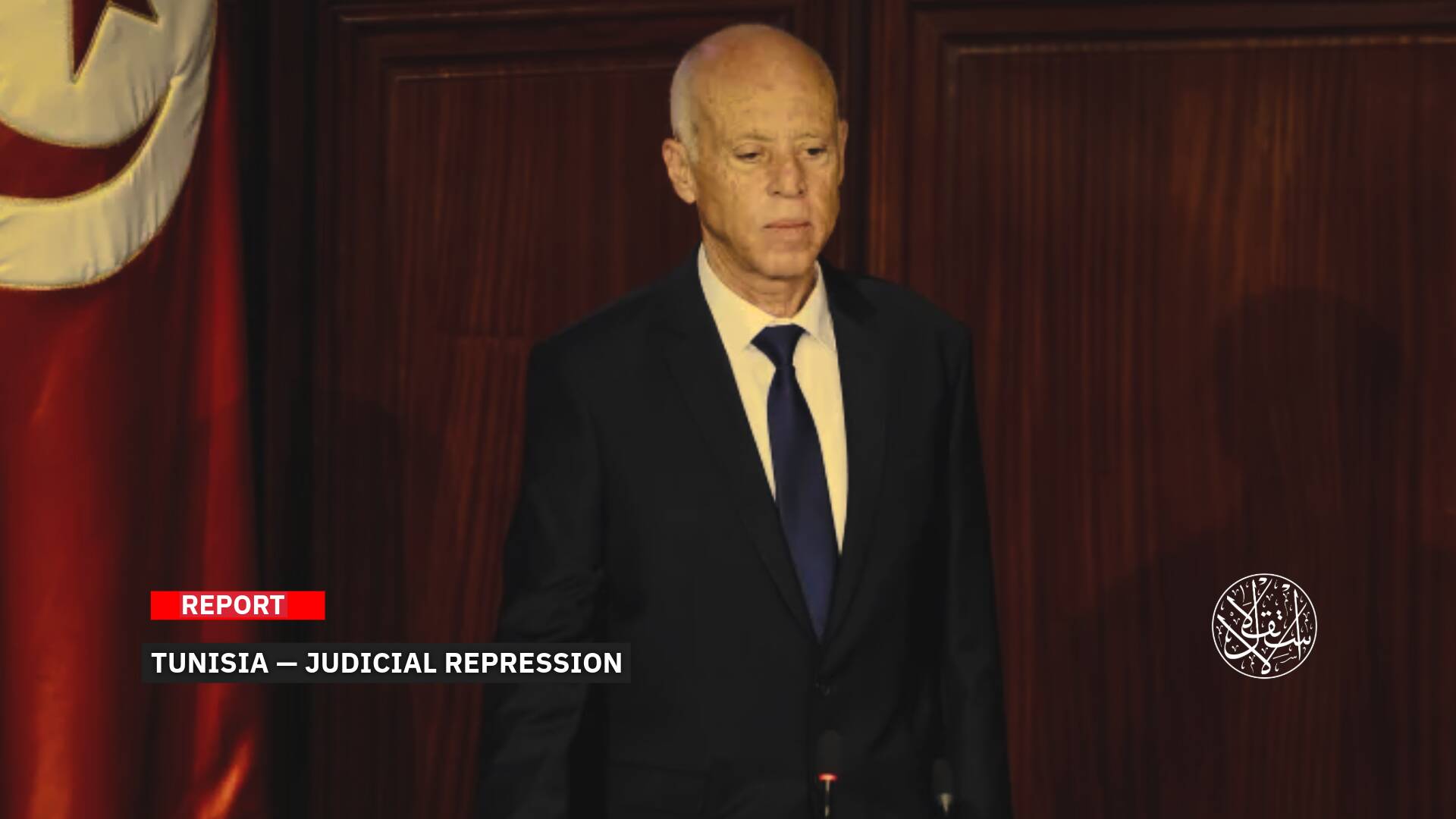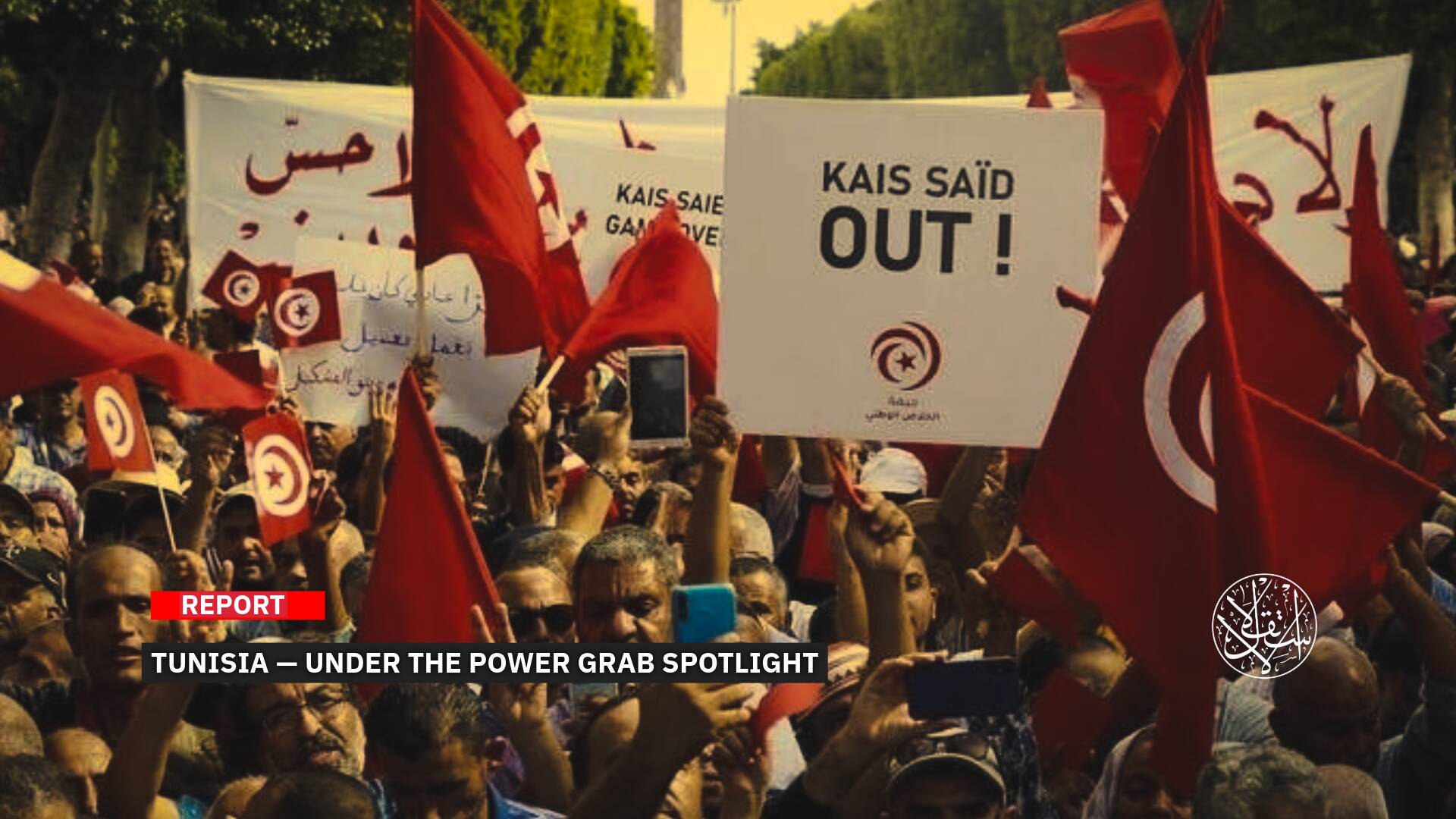This Is How the Assad Regime and Iran Are Manipulating the Palestinians in Syria
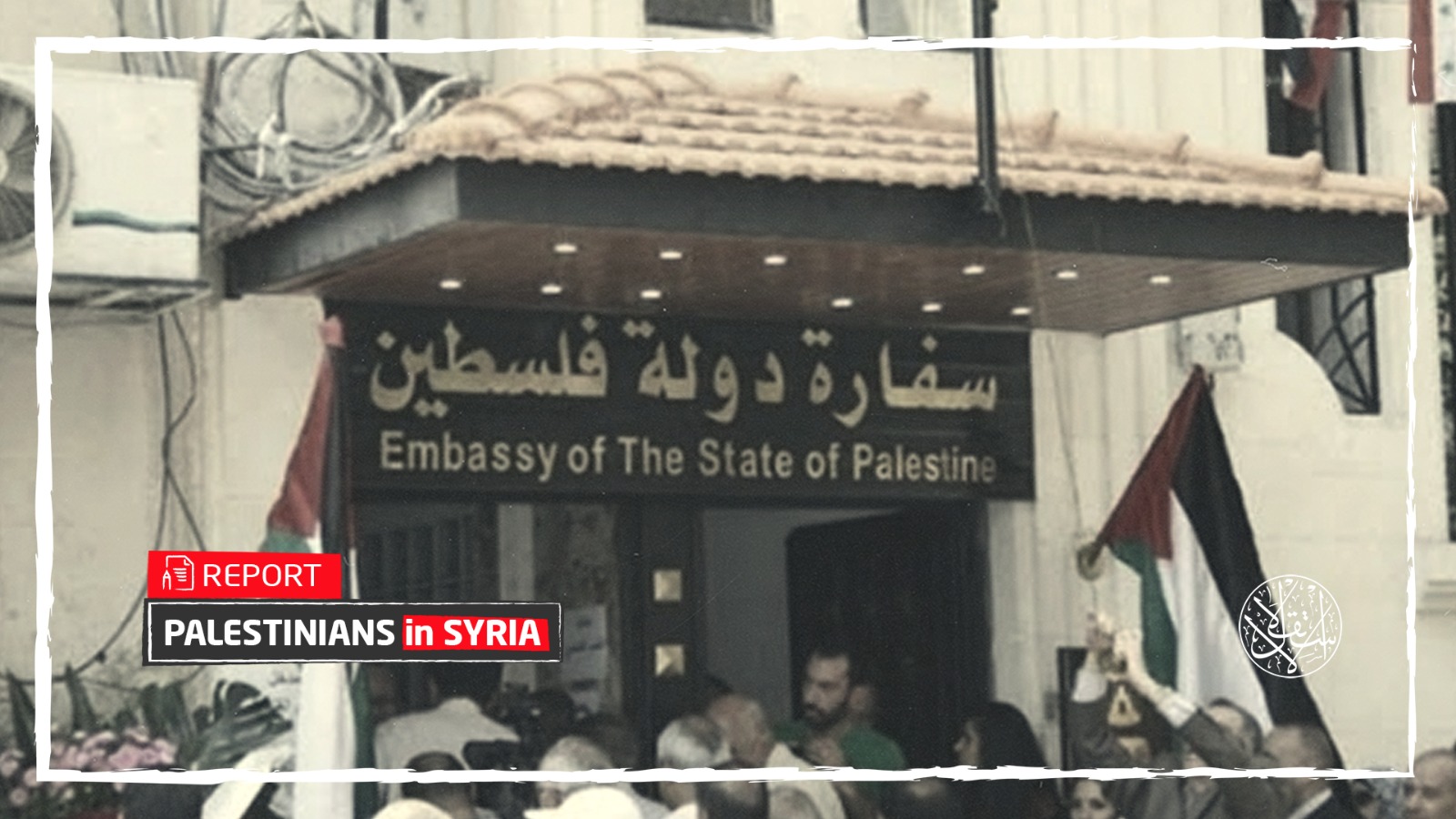
The Syrian Regime follows a specific policy that outlines the shape of the Palestinian presence in the country. This has been since its control in May 2018 of neighborhoods located a few kilometers south of the capital, Damascus, the Palestinians had taken them as diaspora camps since the Nakba in 1948.
The Syrian Regime is currently obstructing any efforts to allow Palestinian refugees to return to their destroyed homes or allow them to restore them, especially in Yarmouk camp inside Damascus, known as the capital of the Palestinian diaspora, and whose residents did not escape the brutality and attacks of the Regime.
The Regime claims that it has not fulfilled its promises that the Palestinian refugees will return to their homes in the vicinity of Damascus due to the failure to complete the removal of the ruins of the destroyed buildings there.
In Syria, there are 14 Palestinian gatherings in several governorates, according to the Palestinian embassy in Damascus, the number of Palestinians currently present is about 400,000, distributed among a number of camps.
The largest number of them are in the camps surrounding the city of Damascus, at a time when 200,000 Palestinians emigrated from Syria.
Today, Yarmouk camp is inhabited by about two thousand Palestinians out of 150 - 170 thousand Palestinians who lived before 2011.
Assad is slaughtering Palestinians in Syria and the UN is silent -- because they can't blame Israel.
— Hananya Naftali (@HananyaNaftali) May 18, 2018
This is hypocrisy! pic.twitter.com/oFdU2JtgWE
The Return of the Palestinians
The Palestinian embassy in Syria recently facilitated the issuance of the passport (of the Palestinian Authority in Ramallah), with reduced fees from $70 to $10, what led to a wave of intense demand from the Palestinians to get it.
This step raised doubts, as there were conflicting analyzes about its timing and purpose.
Sources of the local “Voice of the Capital” network put it in the category of “a security agreement between the Assad Regime and the Palestinian Authority (led by Mahmoud Abbas), to reduce the number of Palestinians in Syria.”
The same sources considered that: “In the presence of an undeclared circular stating that the Palestinians-Syrians must obtain the Palestinian Authority's passport if they travel outside Syria in any way (legal or illegal) and reside in other countries, in the future, when they come to Syria or Lebanon with the same passport, they will be treated as foreigners or Arabs legally through the method of entry, payment of fees and transit.”
The network indicated that the Palestinian Authority's passport does not have a national number, unlike the Syrian passport granted to the Palestinian, which carries a national number.
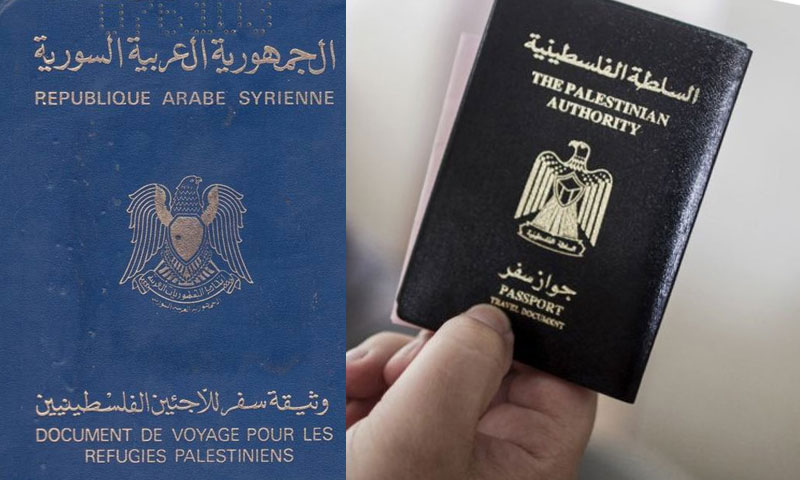
In this context, the Palestinian journalist, Fayez Abu Eid, ruled out the existence of an intention to displace Palestinians from Syria. He is considering that “the Palestinian card is strong in the hands of the Syrian Regime, and it cannot think of displacing them and losing it from its hand.”
Abu Eid added to “Al-Estiklal”: “Currently on the ground, there is no indication that the Regime is seeking to displace the Palestinians; Rather, to play the card as a matter of resistance and concern for the nation’s issues.”
The Palestinian journalist pointed out that “the Syrian Regime is delaying the return of the Palestinians to their homes and properties in Yarmouk camp; Because there is an organizational project and it is in the process of waiting for now.”
Abu Eid indicated in this context that “the Syrian Regime is following the slow procedures regarding the return of the Palestinians to their homes, where the approval period for return is up to several months. Also, the returning person must obtain a restoration card, which also takes several months, in a scene that confirms a deliberate intent to obstruct the return of the Palestinians to the camp.”
The obstruction of the return of the Palestinians to Yarmouk camp due to the involvement of some of them in the Syrian Revolution. They were even bombed and besieged, and their sons were arrested by the intelligence services of the Bashar al-Assad Regime.
The number of Palestinian refugees who died under torture in the prisons of the Assad Regime reached about 631, while the fate of thousands of them, including women and children, remains unknown in detention, according to the latest statistics of the “Working Group for the Palestinians of Syria” in late June 2021.
On the other hand, some voices believe that “the Syrian Regime intends to prevent the return of the people; Meanwhile, Palestinian militia members and their relatives are allowed to seize and rob some homes.”
According to the local “Sham” Network, that “the property thefts in Yarmouk camp are under the supervision of Syrian Regime security officers, and they are sold through brokers in Damascus.”
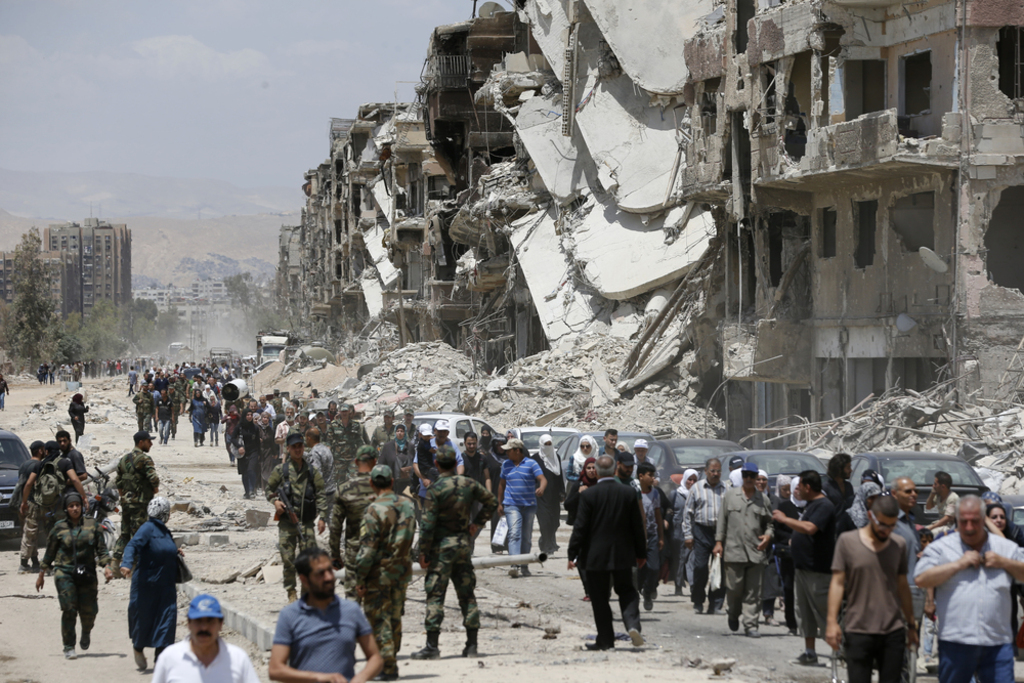
Iranian Security Cordon
However, many observers believe that “the Syrian Regime is delaying the return of these Palestinians, there is an Iranian project to secure the capital, Damascus, which includes the Palestinian camps.”
In a statement to “Al-Estiklal”, Wael Alwan, a researcher at the Jusoor Center for Studies, agreed with many observers about no intention of the Syrian Regime to facilitate the exit of Palestinians from Syria.
“The Regime wants to help the Palestinians get settled, because their positions have become more supported with the increasing control of Iranian influence within the power apparatus of the Syrian Regime,” he says.
The researcher explained the nature of the Palestinian relationship with the Syrian Regime by saying: “The Palestinian Authority has a supportive position for stability in Syria under the rule of the Assad Regime. In addition, the various Palestinian political components tended to support the Regime, including Hamas. In addition to the participation of Palestinian military wings alongside Assad's forces in its war against the Syrian people.”
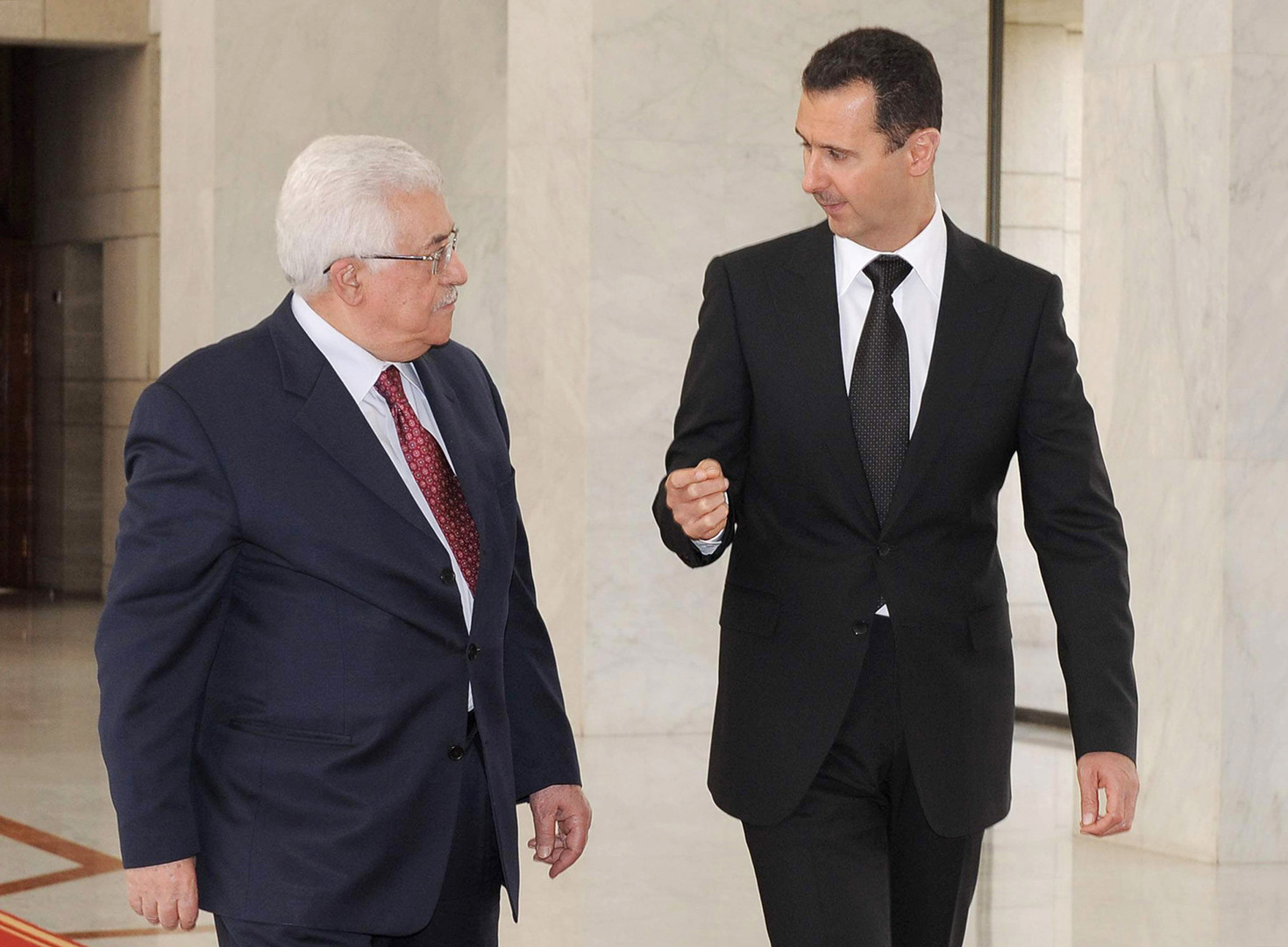
Alwan pointed out that “the issue of the Syrian Regime allowing the Palestinians to return to Yarmouk camp is linked to the rest of the cities near the capital, such as Qaboun, Daraya and Jobar, which are subject to an Iranian project called the security cordon in the vicinity of Damascus.”
He added: “This security cordon has been worked on by the Iranian Revolutionary Guards' intelligence office. Through his office located in the Sayeda Zeinab neighborhood in Damascus. In addition to the representative of the Supreme Leader’s office in the Syrian capital.”
The security cordon, according to a researcher at Jusoor Center, aims to: “Settling the families of the Lebanese Hezbollah fighters and the Revolutionary Guards of various foreign nationalities, and granting Syrian nationalities only to Afghans and Iraqis.”
Yarmouk Camp
Palestinians have always denounced the Syrian Regime's attempts to change the identity of Yarmouk camp, by rejecting the camp's organizational project, which seemed clear that it was preparing to involve Iranian businessmen in its implementation.
Human rights sources say that this project violates the right of real estate ownership for the residents of Yarmouk camp, it gnaws more than 50% of buildings, homes and shops.
Many observers of the Syrian issue believe that the issue of the return of the Palestinians to their camps is colliding with Iranian projects aimed at bringing about a clear demographic change in southern Damascus.
Although Yarmouk camp is a symbol of the right of return for the Palestinians. In the first months of 2021, it was monitored that there was an active purchase of real estate owned by the people of the camp by local real estate brokers and dealers.
A number of activists accused merchants affiliated with the “Free Palestine Movement” militia, headed by the Palestinian-Syrian businessman, Yasser Qashlaq, of being behind the purchase of the property of the residents of Yarmouk camp.
This is due to the association of a number of them with Iran's “Nikken Syria” Construction Group, which is owned by Iranian investors and one Syrian investor.
“Nikken Syria” was established in the beginning of 2020 and specializes in the field of construction and the trade of its supplies, cladding equipment, excavators and other requirements of the construction process.
Sources
- 'Features of a New Alienation'; Facilitating the Access of Palestinian Refugees in Damascus to Passports [Arabic]
- Human Rights Report: Palestinians of Syria Victims of Reconstruction [Arabic]
- Warnings of an Active Movement of Real Estate Brokers in Yarmouk Camp [Arabic]
- The 'Yarmouk' Camp's Organizational Scheme Is on the Iranians' Table! [Arabic]


